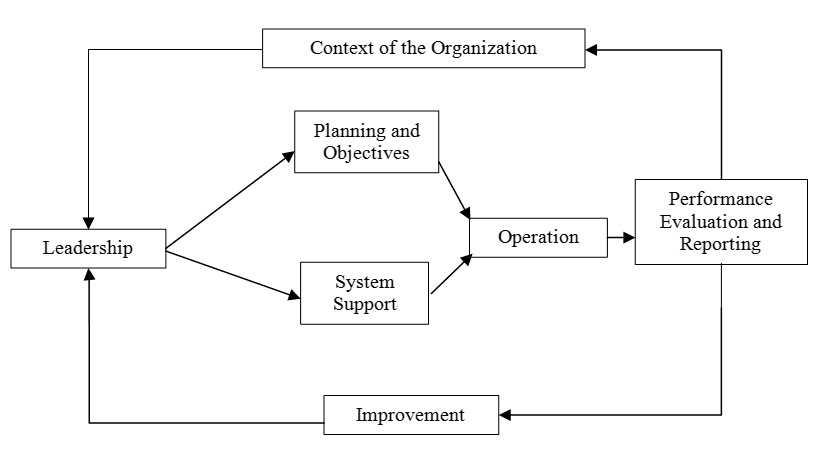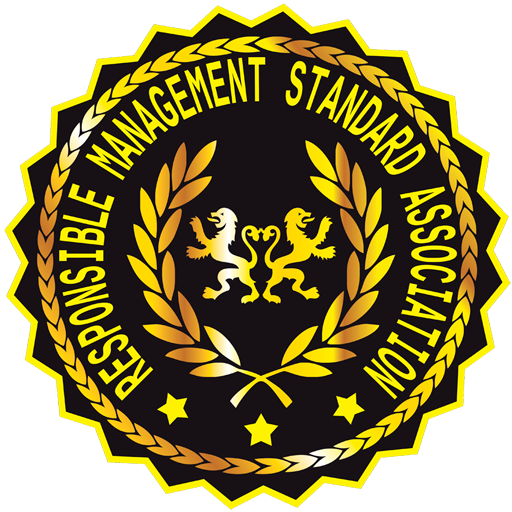Our Service / ESG Management Standard / Framework of Responsible Management System
Framework of Responsible Management System
CR8001 ESG Management Standard® provides a framework and set of principles for developing, implementing and improving the effectiveness of a responsible management system to meet the objectives of the organization and to stakeholders. Organizations with more than one management systems can view CR8001 ESG Management Standard® as a guide to achieving a single holistic management system.
CR8001 ESG Management Standard® takes account of synthesis, alignment and integration for the design and construction of a responsible management system.
Synthesis means looking at the whole organization as an open system in the context of business environment and stakeholder requirements, taking into consideration of risks and opportunities relevant to the scope of the organization. Alignment means the linkage of the responsible management system with the strategic direction, objectives, policies and key performance indicators at all levels of the organization.
Integration means the processes of subsystems are interconnected and cut across different functions with unified objectives.
There are seven clauses within the high level structure, each consisting of some relevant sub-clauses to follow when implementing the responsible management system.
Below framework shows the interrelationship of the seven clauses.
Framework of Responsible Management System

Organizations should understand the context they operate, identifying and taking into consideration of ESG opportunities within the external and internal factors. Particular focus should be on ESG issues or changing conditions related to stakeholder requirements and business value. Once identified as a priority, actions to mitigate adverse risks or exploit beneficial opportunities are aligned and integrated in the planning and objectives, system support and operation.
Leadership is the driver of the overall responsible management, taking into consideration of the sustainability challenges, organizational relationships, perceptions and values of stakeholders, strategic priorities and other issues which could have an impact on the ESG Strategy.
Performance evaluation and reporting is essential to ensure that the responsible management system is operating as intended and as the basis for continual improvement.
The result of ESG performance should be disclosed and reported to one relevant stakeholders. The ESG report should be used as input for management review. The output of management review should include decisions to continual improvement opportunities and any changes to the responsible management system.
